The list of invited speakers is constantly updated.
 |
Bart Preneel is a full professor at the KU Leuven, where he heads the imec-COSIC research group, which has 80 members. He has authored numerous scientific publications and is inventor of five patents. His research interests are cryptography, cybersecurity and privacy. He is president of LSEC and has been president of the IACR. He has been invited speaker at more than 120 conferences in more than 40 countries. He is a member of the Permanent Stakeholders group of ENISA (European Network and Information Security Agency) and of the Academia Europaea. He received the RSA Award for Excellence in the Field of Mathematics (2014), the IFIP TC11 Kristian Beckman award (2015) and the ESORICS Outstanding Research Award (2017). In 2015 he was elected as fellow of the IACR and in 2016 he delivered the IACR Distinguished Lecture. He testified in the European Parliament for the LIBE Committee Inquiry on Electronic Mass Surveillance of EU Citizens. He frequently consults for industry and government about security and privacy technologies and is involved with several start-ups in the area of cybersecurity. |
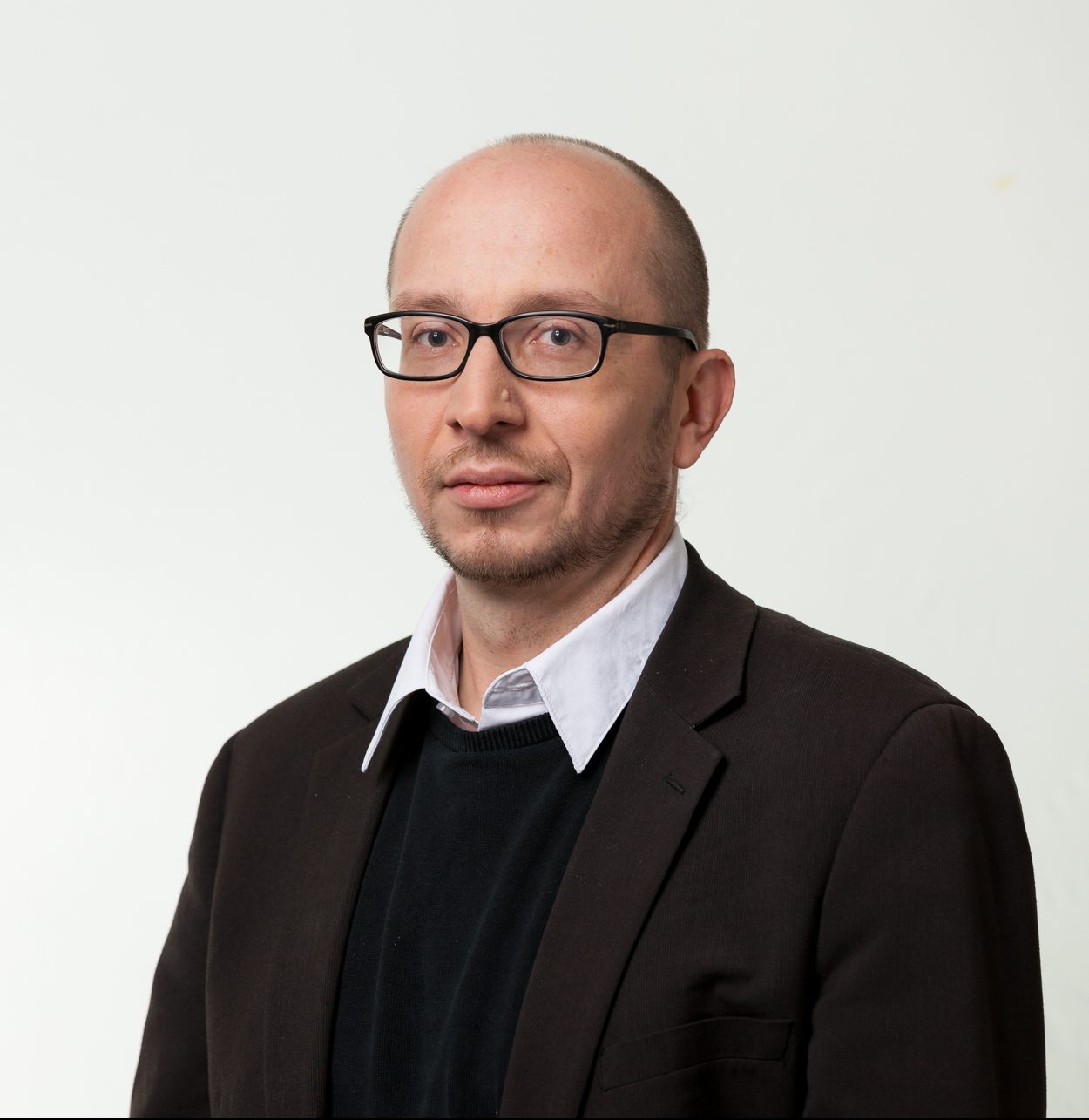 |
Mario Lamberger holds a MSc and PhD degree in mathematics from TU Graz. From 2003 – 2011 he worked at the IAIK of TU Graz as a researcher and lecturer in cryptography and security where in 2012 he received a habilitation for IT-security.
In 2011 he joined NXP Semiconductors Austria where he is part of the Innovation Center Crypto & Security.
His focus lies on cryptographic libraries, certification, random number generation and company-wide trainings on cryptography and security. |
 |
Christoph Striecks received his PhD in cryptography in 2015 from Karlsruhe Institute of Technology (KIT) in Germany where he worked on the design of efficient cryptographic building blocks for provably secure public-key cryptography, e.g., (various forms of) encryption and digital signatures. Since 2016, he is a scientist at AIT Austrian Institute of Technology in Vienna developing cryptographic solutions mostly within Cloud, IoT, and Blockchain environments. He is a key scientist in the H2020 research and innovation projects PRISMACLOUD, CREDENTIAL, and SECREDAS. Furthermore, he is involved to support the standardization of attribute-based encryption within ETSI. |
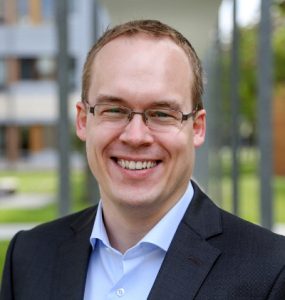 |
Thomas Pöppelmann received his Dr.-Ing. from Ruhr University Bochum, Germany focusing on the topic of implementation of lattice-based post-quantum cryptography (PQC) on embedded devices. In 2015, Thomas started his career in the Chip Card & Security division of Infineon Technologies AG in Munich. There he is working in the field of concepts for security microcontrollers, security standardization, and innovation projects. He has published a number of academic papers and co-developed the “New Hope” approach for PQC. In 2016 the work on New Hope was awarded with the Internet Defense Prize from Usenix and Facebook. |
 |
Stefan Kraxberger received his PhD in telematics from TU Graz. From 2001 – 2011 he worked at the IAIK of TU Graz as researcher and lecturer in computer networks and network security. In 2012 he founded secinto, an information security and privacy service company.
secinto GmbH provides services from secure software development, security and penetration testing of systems to providing compliance and certification services for products, processes and companies (Common Criteria, GDPR, ISO 27001, A7700).
He is also involved in the standardization working groups for the respective international standards. |
 |
Elisabeth Hoedl holds a doctorate in law and is an expert in data protection law, future issues and digital strategies. After studying law in Graz and doing an internship at the court, Elisabeth worked as a parliamentarian in the European Parliament and subsequently as an assistant at the Karl-Franzens-University Graz (KFU) at the Institute for Public Law and Political Science.
From 2001 to 2014 she was a research assistant and specialist author at the business law specialist Eisenberger&Herzog in Vienna/Graz. At the same time, she taught legal informatics at the KFU Graz and conducts research on questions of the “effects of ubiquitous computing on law and society”. From 2014 to 2016 she was Chief Scientific Officer of Watchdogs – The Data Company. In 2017 she founded Ubifacts with a focus on innovation consulting. Since 2017 she has been working for Styria Media Group AG on board projects on innovation topics. |
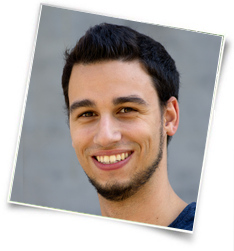 |
Michael Schwarz is an Infosec PhD student at Graz University of Technology with a focus on microarchitectural side-channel attacks and system security. He holds two master’s degrees, one in computer science and one in software development with a strong focus on security. He frequently participates in CTFs and has also been a finalist in the European Cyber Security Challenge. He was a speaker at Black Hat Europe 2016, Black Hat Asia 2017 and 2018, and Black Hat USA 2018 where he presented his research on microarchitectural side-channel attacks. He authored and co-authored several papers published at international academic conferences and journals, including IEEE S&P 2018 and 2019, USENIX Security 2016 and 2018, and NDSS 2017 and 2018. |
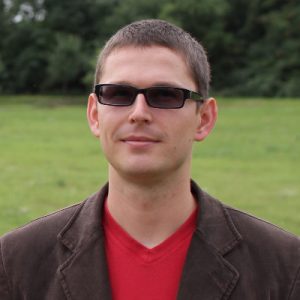 |
Peter Vrabec is educated in fields of Information Technology, and Business and Management at Brno University of Technology. He works in Brno Red Hat office for 14 years, where he is one of the first engineers who established the office that has over 1000 engineers by now and spans across the whole Red Hat product line. He has experience from engineering work on positions of package maintainer, and software developer. Currently, he leads the Security Technologies department at position of Engineering Manager. Their team is part of Platform Business Unit, who deliver Red Hat Enterprise Linux. His passions are Open-source and Agile software development. One of the most satisfying thing in his work is to help build happy and impactful teams. |
 |
Benjamin Böck holds two MSCs and an MSocEcSc related to computer science and information security. In 2012, he co-founded XSEC infosec GmbH based in Vienna/Austria, focusing solely on organizational and technical information security services. Benjamin chairs the technical penetration testing subdivision and has conducted numerous security audits for customers from diverse backgrounds such as the financial and insurance sector, critical infrastructure, energy, health, logistics, processing industry and the state/governmental area. |
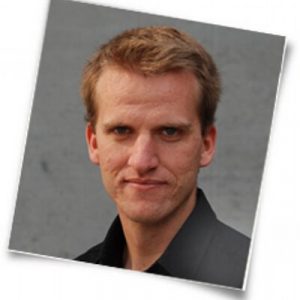 |
Thomas Zefferer received his PhD in computer science from TU Graz. Being active in the IT-security domain for more than ten years, Thomas is currently working at A-SIT Plus, a subsidiary of the Secure Information Technology Center Austria (A-SIT).
His focus is on risk analyses, security assessments, and the design of security-critical software. Thomas is also active in several national and international research projects, bridging the gap between the elaboration of security concepts in the academic domain and their application in real-world use cases. |